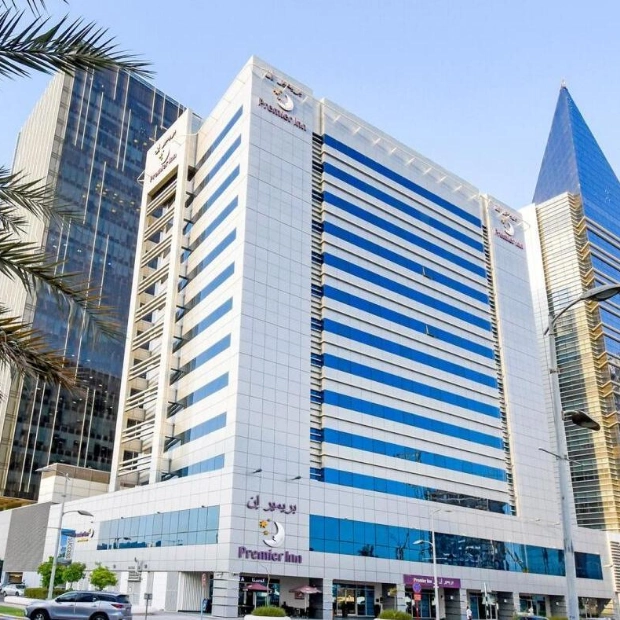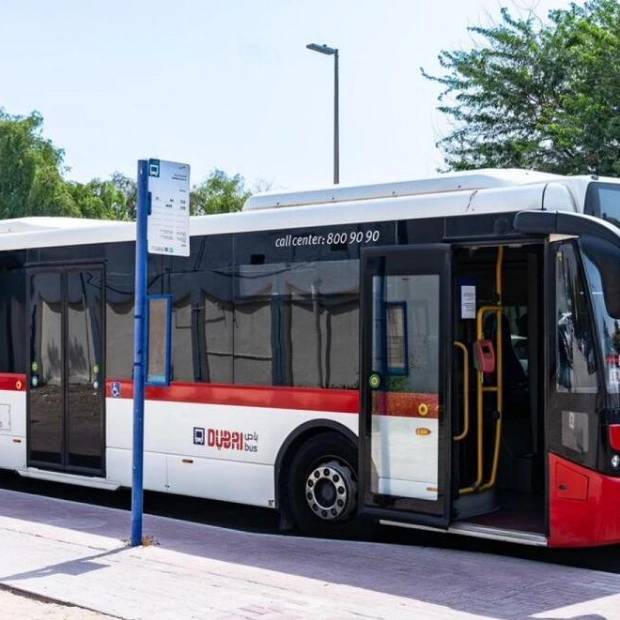The UAE corporate tax law affects Qualifying Commodities Traders (QCT), unless they are exempt based on their legal structure, business nature, annual revenue, etc. QCTs are businesses that trade in qualifying commodities, which include metals, minerals, energy, and agricultural products in their raw form on recognized commodities exchange markets. Qualifying commodities trading involves physical transactions of these commodities and related derivatives like futures and options to manage risk. A recognized commodities exchange market is either a licensed and regulated market in the UAE or an equivalent established and recognized market outside the UAE.
QCTs can be categorized into juridical and natural persons based on their legal status. Juridical persons incorporated in free zones are considered Qualifying Free Zone Persons (QFZPs). Juridical persons in the UAE can be further classified into those in free zones as QFZPs or non-QFZPs. Natural persons, including sole proprietors, partnerships, and freelancers in the UAE, are subject to the same corporate tax regardless of their location, with exemptions for those earning less than one million dirhams annually. Those earning up to three million dirhams are exempt until December 31, 2026, after which a zero percent tax rate applies to the first 375,000 dirhams of taxable income, with a nine percent rate on income above this.
Juridical persons in the UAE mainland or free zones without QFZP status must pay corporate tax and file returns, with similar reliefs for small businesses. QFZPs enjoy a 0% tax rate when trading with other free zone entities, provided the activities are not excluded. Qualifying commodities must be in a tradable form on a recognized exchange, such as gold with a purity of 99.4%. Trading can occur off the exchange if the commodity meets exchange requirements.
Raw form commodities are in their natural state or minimally processed. Examples include unprocessed agricultural products, crude oil, and precious metal bars. Core activities for QCTs involve buying and selling these commodities, with ancillary activities like warehousing and delivery considered part of qualifying activities unless otherwise specified by law.
This summary focuses on UAE-registered businesses, with QFZPs needing to consider distribution aspects in their trading. The author is a managing partner at Kress Cooper Management Consultants, and this article reflects personal opinion, not official Khaleej Times stance. For inquiries, contact the author at mahar@kresscooper.com.






